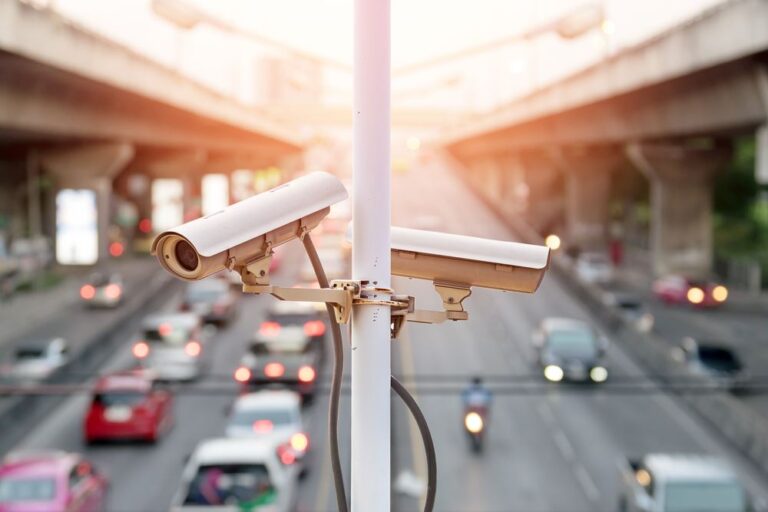Video evidence can be crucial in an Atlanta DUI investigation, helping capture any slurred speech, glassy eyes or unsteady movements and verifying proper administration of field sobriety tests.
Dashcam and body camera footage may help counter any statements made by law enforcement officers during your DUI stop or arrest, leading to reduced or dismissed charges.
In-dash cameras
Dash cams can be invaluable pieces of evidence in DUI cases. Their recorded footage can demonstrate environmental influences that might have altered field sobriety tests, or any discrepancies in officer testimony that might invalidate it altogether. A Georgia DUI attorney could use recorded footage from dash cams to challenge an officer’s report and thus possibly dismiss or reduce charges or their severity altogether. Furthermore, dash cams can help expose fraudulent insurance claims by dishonest individuals staging accidents in order to collect compensation payments – providing another avenue of defense available against such cases!
At traffic stops, police officers usually use dash cameras to record your driving behavior, appearance and interactions with law enforcement officers during a DUI stop. This footage can prove vitally important in your DUI case as it reveals any mistakes an officer might have made such as failing to read you your Miranda rights or misreading of blood alcohol content (BAC).
Dash cams provide more than just traffic incident coverage; they also record crucial information regarding DUI hit-and-run accidents that involve DUI drivers who flee. These videos help authorities track down responsible parties. Security cameras in businesses or public buildings often capture evidence in these types of cases as well.
Body cameras
If a person is involved in a DUI hit and run accident, gathering evidence supporting their story of events is key to getting them the compensation they need. Eyewitness accounts and toxicology results can be important assets; surveillance footage from nearby cameras is also invaluable in these instances.
Body camera footage provides an instant and accurate depiction of an at-fault driver’s attitude and demeanor, which could prove invaluable if road rage or other factors contributed to an accident. Furthermore, any discrepancies between law enforcement’s account of events and body camera footage could help bolster an attorney’s defense case.
Video footage may also prove useful in a DUI case if it shows that an officer violated someone’s rights during a traffic stop or arrest, such as their right to remain silent or refusal of roadside breath tests without penalties; video footage may help demonstrate this violation if one occurs during the stop.
Unfortunately, despite their immense potential importance in DUI cases, dashcam and body camera footage present many obstacles when trying to access it as evidence. Such footage often has only limited storage capabilities before being deleted before an attorney can review it; some footage might also be exempted from public records laws if it discloses privacy issues or interferes with ongoing investigations.
Surveillance footage from nearby cameras
Atlanta boasts an innovative public-private surveillance system called Connect Atlanta that allows residents and businesses to share footage with police. The program will eventually cover all 131 square miles. Cameras installed by Connect Atlanta allow officers to respond more rapidly when criminal acts take place nearby; additionally they help locate drivers involved in DUI hit and run cases or locate those involved with DUI hit and runs cases.
These cameras can help identify vehicles, license plate numbers and facial recognition. Some cameras feature wide-angle lenses to capture more of an area at once while other can zoom in to help officers narrow down suspects. Police departments can download footage either from city systems or private vendors.
Police currently have access to around 11,000 cameras throughout the city that are integrated with VIC and can be monitored by officers in either real-time crime centers or mobile data terminals. A new infrastructure bond passed by voters will enable police forces to add even more cameras and expand their network further.
Privacy advocates in Atlanta are concerned about the extent of surveillance in their city, especially as it impacts people of color. Pilot programs like ShotSpotter detectors have been implemented in historically Black neighborhoods such as Downtown Westside and Joseph E. Lowery Boulevard; such detection devices could lead to overpolicing in these areas and have already been shown to have negative repercussions for property values.
Obtaining surveillance footage
Surveillance video footage can be an invaluable asset when it comes to DUI hit and run cases, supporting eyewitness testimony while supporting your claim for compensation to cover medical bills, lost wages, pain and suffering and more.
Surveillance footage can be obtained in several ways. If an accident took place in public areas, access may be available through local businesses and organizations working closely with police; alternatively there are groups which reach out directly to homeowners to register their cameras before sharing that data with law enforcement.
Georgia boasts an extensive network of traffic cameras to aid officials in monitoring traffic conditions. These camera feeds are made public through 511GA so motorists can plan their commute and view current conditions before heading out the door; however, these cameras do not store footage for long.
Visual evidence includes private home security cameras and dash cams from individual drivers. More and more individuals have dash cams installed in their cars; others even have doorbell cameras to record what occurs outside. You can request access to private surveillance footage by contacting the company that owns or controls it and providing references from an accident report, where applicable.
